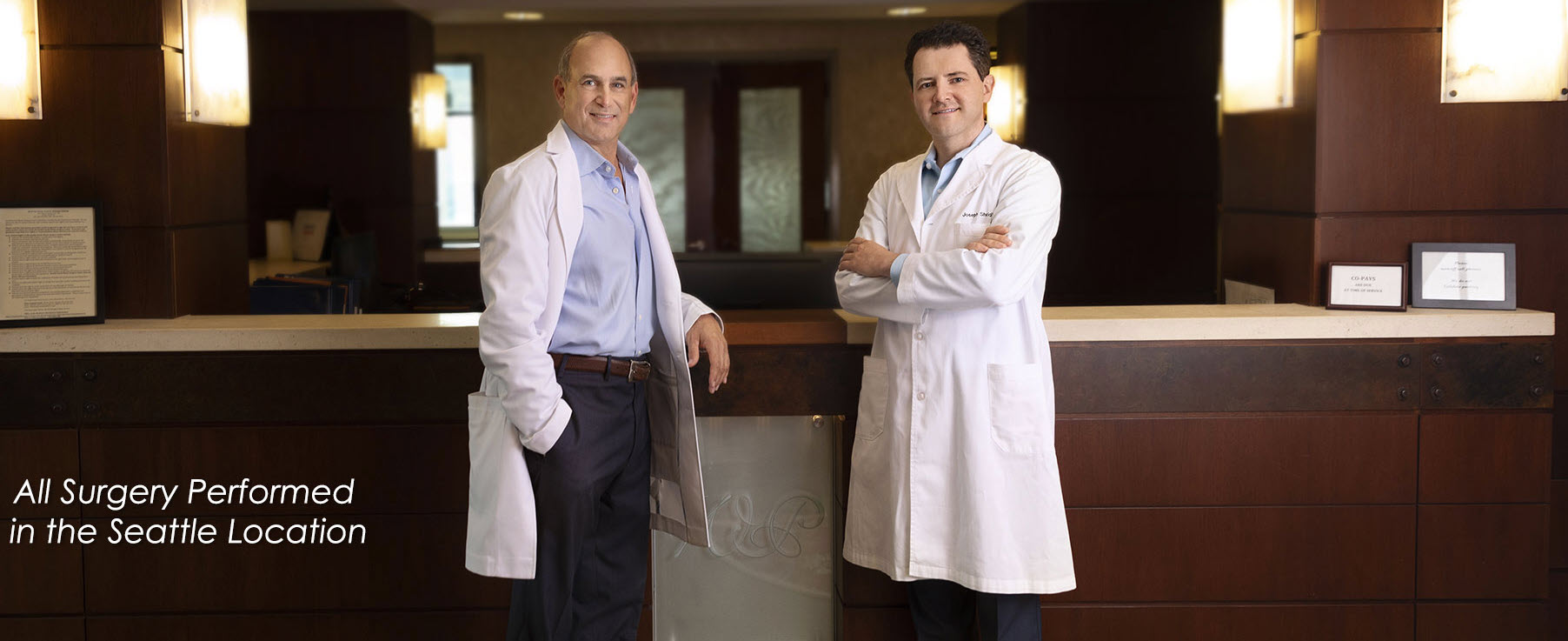Candidates For Rhinoplasty Surgery
Are you considering rhinoplasty surgery? Wondering if you're a good candidate? This article will give you all the information you need.
From physical features suitable for rhinoplasty to health considerations and age requirements, we'll cover it all.
We'll also discuss the psychological factors to consider and help you set realistic expectations and goals for your surgery.
So, if you're ready to learn more about being a candidate for rhinoplasty, let's dive in!
Physical Features Suitable for Rhinoplasty
Your physical features play a crucial role in determining if you're a suitable candidate for rhinoplasty surgery. The shape, size, and symmetry of your nose are important factors to consider. If you're unhappy with the appearance of your nose due to a bump, a crooked bridge, or a wide tip, rhinoplasty may be the solution for you.
Additionally, if you have difficulty breathing or experience chronic sinus problems, rhinoplasty can address these functional issues as well. It's important to have realistic expectations and a clear understanding of the potential outcomes of the surgery.
A skilled and experienced plastic surgeon can evaluate your physical features and discuss with you whether or not rhinoplasty is the right choice for you.
Health Considerations for Rhinoplasty Candidates
Are you wondering if your health is suitable for rhinoplasty surgery?
Before undergoing any surgical procedure, it's important to consider your overall health and whether it can handle the stress of surgery and the subsequent recovery period.
One of the main health considerations for rhinoplasty candidates is their ability to withstand anesthesia. General anesthesia is commonly used during rhinoplasty surgery, and it's essential for you to be in good health to safely tolerate it.
Additionally, if you have any underlying health conditions, such as heart disease, diabetes, or respiratory issues, it's crucial to consult with your surgeon and primary care physician to ensure that your health is stable enough for surgery.
Psychological Factors to Consider for Rhinoplasty
Considering the psychological factors is an important aspect of determining if you're a suitable candidate for rhinoplasty surgery. While physical factors are commonly considered, it's crucial to also evaluate your mental and emotional readiness for the procedure.
Rhinoplasty is a life-changing decision, and it's essential to be mentally prepared for the potential outcomes and recovery process. One key psychological factor to consider is your motivation for wanting the surgery. Are you seeking rhinoplasty for personal reasons or to meet societal standards of beauty? It's important to have realistic expectations and understand that rhinoplasty may not solve all of your self-esteem issues.
Additionally, it's crucial to have a positive body image and a healthy sense of self before undergoing any cosmetic procedure. A thorough psychological evaluation can help determine if you're mentally prepared for the transformative journey of rhinoplasty.
Age Requirements for Rhinoplasty Surgery
To be eligible for rhinoplasty surgery, it's important to meet the age requirements. Generally, most plastic surgeons recommend waiting until the nose has fully developed before considering this procedure. This means that for girls, the ideal age for rhinoplasty is around 15 or 16, while for boys it's around 17 or 18. Waiting until this age ensures that the nose has stopped growing and has reached its adult size and shape.
It's also important to consider the emotional and psychological maturity of the individual seeking rhinoplasty. This is why many surgeons also require a consultation with a mental health professional to ensure that the patient is mentally prepared for the surgery and understands the potential risks and outcomes.
Meeting the age requirements and being emotionally ready are essential factors to consider before undergoing rhinoplasty surgery.
Expectations and Goals for Rhinoplasty Surgery
Once you have met the age requirements for rhinoplasty surgery and are emotionally ready, it's important to have clear expectations and goals for the procedure. Rhinoplasty can address various concerns, such as improving the shape and size of your nose, enhancing facial harmony, correcting breathing issues, or repairing a previous injury.
Before undergoing the surgery, it's crucial to communicate openly with your surgeon about your desired outcomes. They'll evaluate your nasal structure and discuss the possibilities and limitations of the procedure. It's essential to have realistic expectations and understand that rhinoplasty can enhance your appearance but may not achieve perfection.
Your goals should align with what's achievable and suitable for your unique facial features. By setting clear expectations and goals, you can have a more satisfying and successful rhinoplasty experience.


